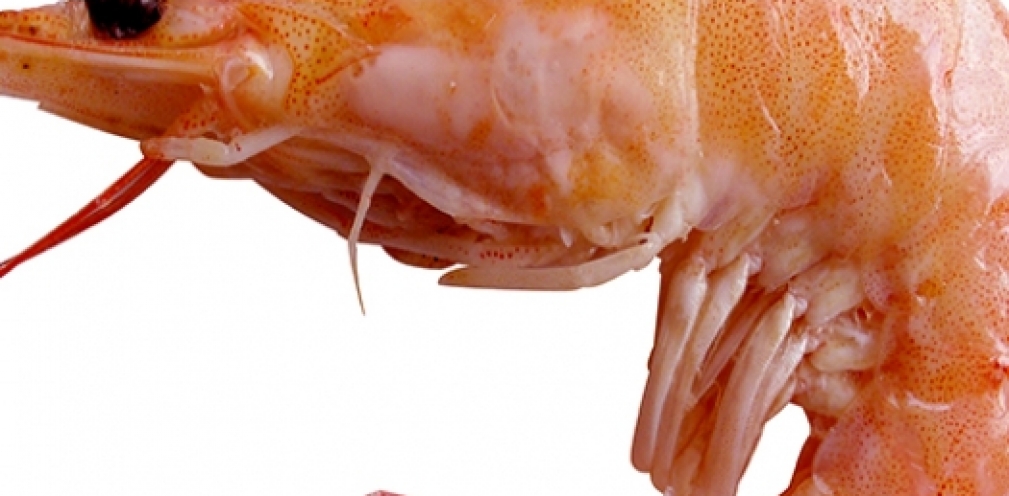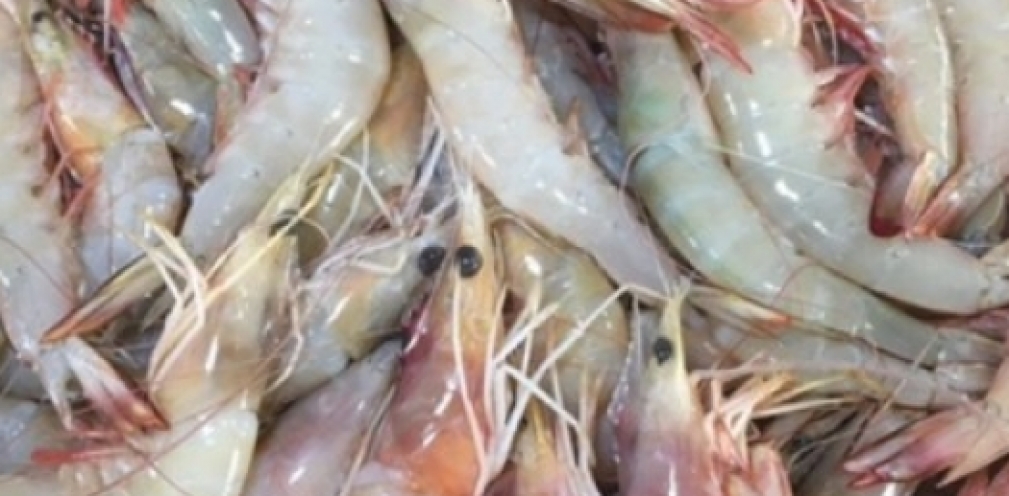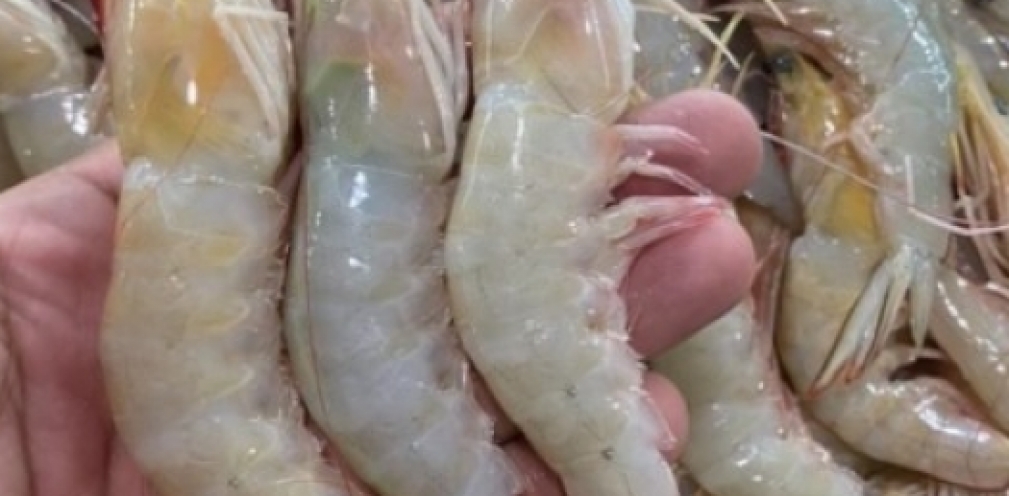Tips for buying shrimp
Because shrimp spoils easily, make sure to buy it from reliable stores.If you decide to buy fresh shrimp, cut off the head as soon as possible because it is the first part of shrimp that spoils.Fresh shrimp should have a firm body attached to the shells. There should not be any black spots on shrimp shells because these spots are a sign of meat spoilage.Shrimp shells should not be yellow or sand-like because it is a sign of added chemicals to shrimp shells to make them white.If you are buying frozen shrimp, be sure to pay attention to the health license sign, production, and expiration date. High-quality shrimp should have a mild saltwater smell like the sea. Before buying shrimp, pay attention to how shrimp smells. Don’t buy shrimp that has a strange or bad smell like ammonia.
Storing Shrimps
Since seafood such as fish and shrimp are very sensitive to temperature, it is important to keep them cold. So, put shrimp or any other seafood you’ve bought in the refrigerator as soon as possible. After buying shrimp, If it takes you a somewhat long time to transfer it from your car to the refrigerator, put a Coleman cooler in your car and fill it with ice to make sure shrimps stay cold, and unspoiled. Usually, most home refrigerators have a slightly higher temperature thanthe ideal temperatures for storing seafood.An easy and safe way to reach the right temperature is to pack shrimp well, place it in a container with ice, and put it in the coldest place in the refrigerator. Make sure to change the ice once or twice a day to keep the shrimp container cold. This way, you can store the shrimp in the refrigerator for 1 to 2 days, but you should eat the shrimps as soon as you can. If you want to store shrimp for a long time, pack it well and store it in the coldest place in the freezer for up to a month.To thawshrimps, place them in the refrigerator or put them in a bowl of cold water so the frozen shrimps melt gradually. Never thawshrimp at room temperature or use a microwavebecause doing so makes the shrimps lose nutrients and become dry.
Health Risks and Side Effects of Shrimp
Fish and shrimp are among foods that can cause allergy. So, if you have a potential for allergies or a history of them, consult a doctor or a nutritionist to learn more about the signs and symptoms of food allergy.Shrimp contains purine, which can turninto uric acid in the body. Too much uric acid and purines in the body can make side effects of kidney stones and diseases like gout worse. Because of this, it is best for kidney patients or people with gout to limit eating shrimps or avoid them.Try not to eat shrimps too often in a month.

 English
English  فارسی
فارسی 



